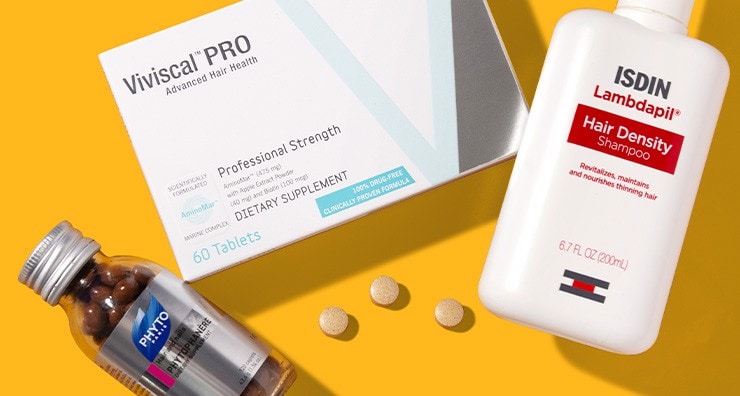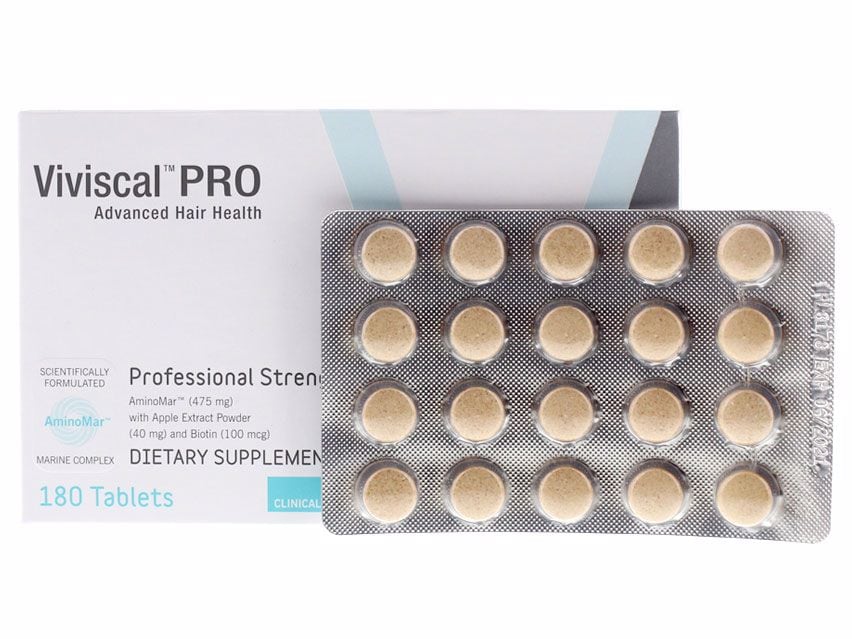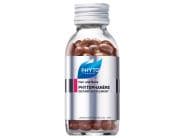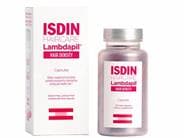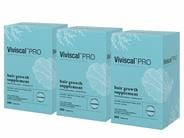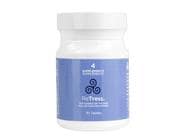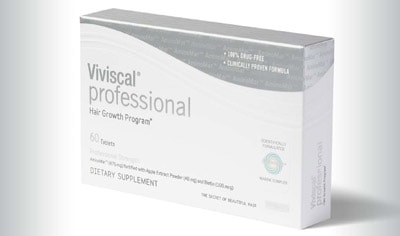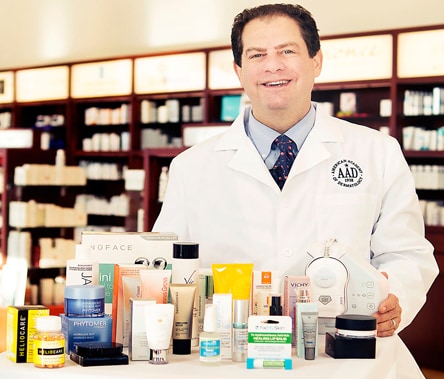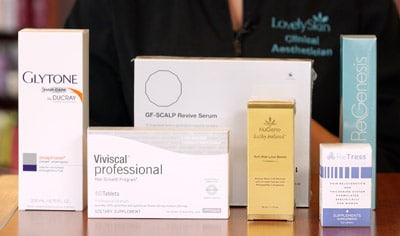Hair loss and thinning is reaching epidemic proportions with more people experiencing issues after illnesses, Ozempic weight loss and hormonal changes, to name a few causes. If there are significant issues, it always makes sense to consider a visit to a board-certified dermatologist.
They’ll be able to recommend the best treatments, prescriptions and supplements for hair growth. In the meantime, we have Drs. Joel and Daniel Schlessinger of Schlessinger MD and LovelySkin to tackle questions such as:
“Most people who eat a well-rounded diet and don’t have issues with hair thinning do not generally need to take an oral supplement for hair growth,” Dr. Daniel Schlessinger says. “If you’re noticing significant hair thinning or hair loss, it’s a good idea to visit a board-certified dermatologist to rule out underlying medical conditions before starting an oral supplement.”
Because biotin supplements can sometimes interfere with lab tests, it’s also important to share with your physician what you’re taking. This is a good idea for any and all supplements, as they can interfere in other ways with medications or cause unintended consequences if your doctor isn’t aware you are taking them.
If you are struggling with hair loss or thinning hair, here are four trusted supplements to consider with input from your dermatologist at your next office visit.
This oral supplement helps strengthen weak and thinning hair with biotin, vitamin C, and apple extract and contains a proprietary complex called AminoMar (a blend of shark and mollusk powder) that supports new hair growth.
“Viviscal boosts hair growth at the source by providing nutrients that your hair follicles need,” Dr. Joel Schlessinger says. “For my patients who are looking for an alternative to prescription hair-loss treatments, I often recommend this supplement. Keep in mind, it does take at least three to six months of daily use to start to see an improvement in hair growth.”
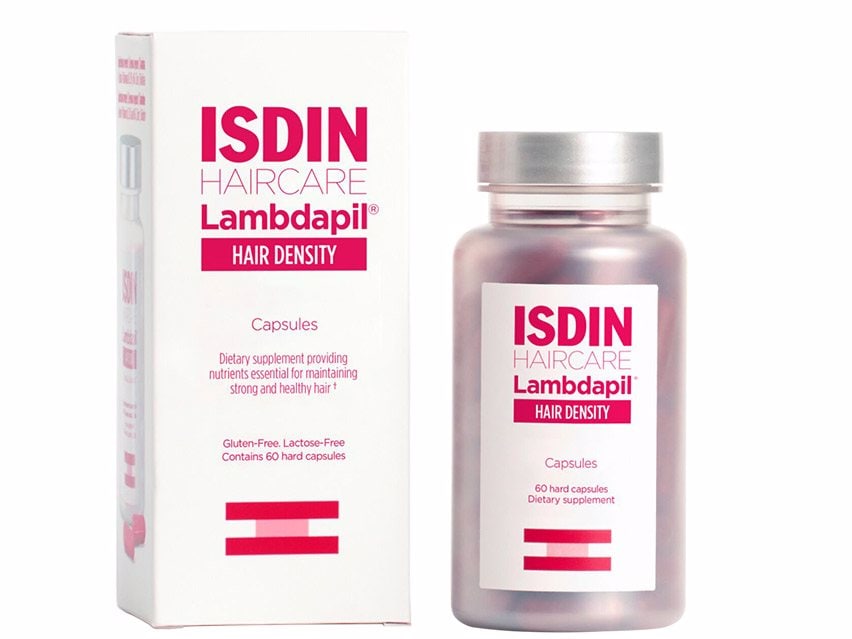
Spanish skin care company ISDIN may be known for its innovative sunscreen formulas, but they also offer support for waning hair density with Lambdapil. This product line features a thickening shampoo, leave-in treatment and this daily supplement for thinning hair. The blend of vitamins and minerals in each capsule—vitamins B3, B5 and B6 as well as biotin and zinc—help support healthier, denser hair.
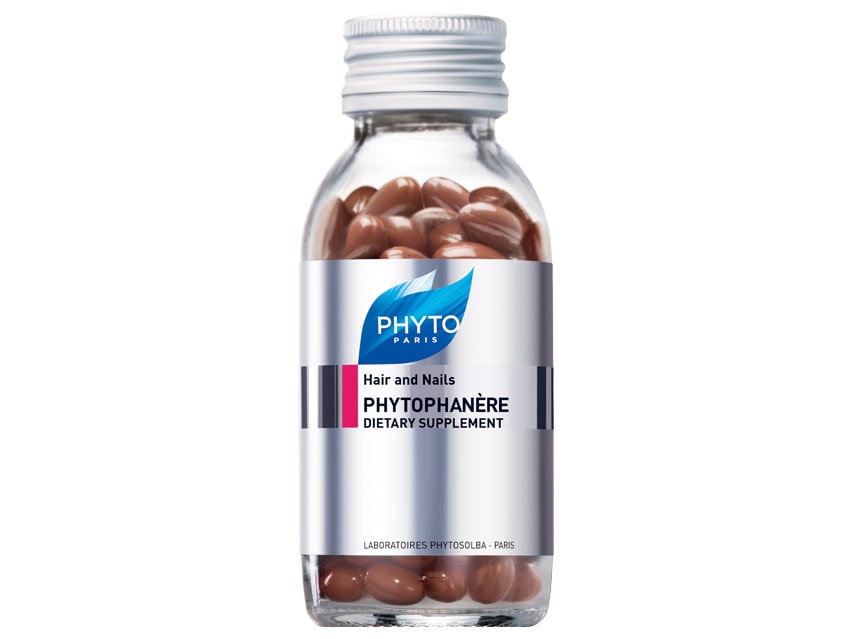
French hair specialist PHYTO developed this daily supplement to help improve the appearance of weak, thinning and damaged hair and nails. Each daily dose contains biotin, fish oil and riboflavin (vitamin B2) as well as botanical ingredients such as antioxidant-rich wheat germ oil and borage seed oil to increase shine. In an independent study of twenty women experiencing thinning hair, 95% reported that they saw an improvement in the quality of their hair after taking this supplement for four months.
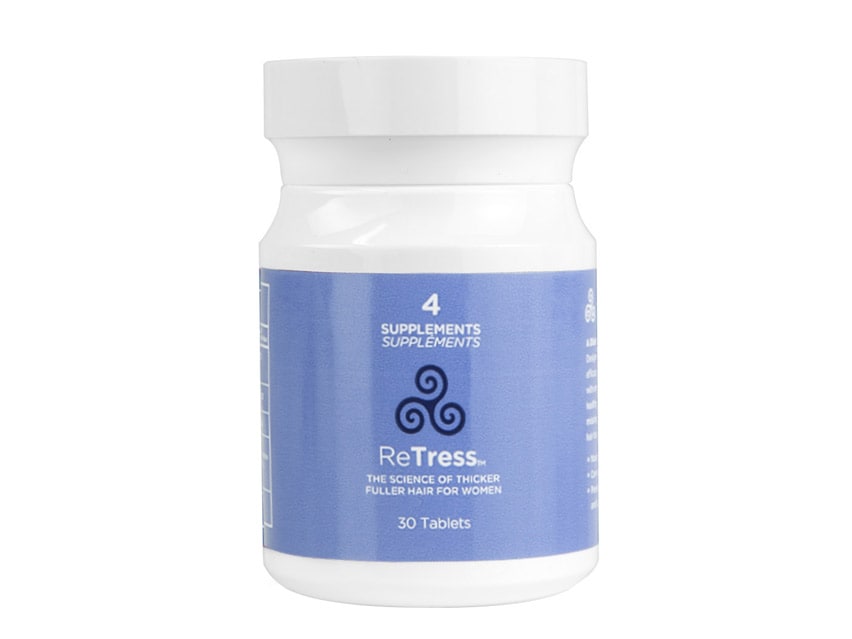
Board-certified dermatologist and hair loss specialist Dr. Candace Spann created this all-inclusive supplement to address some of the major causes of hair loss in women, including hormone changes, vitamin deficiencies and scalp inflammation. It contains vitamins that can play a role in hair loss when deficient, including biotin, zinc and vitamin A. It also contains licorice root to soothe scalp inflammation, saw palmetto to block DHT from attacking hair follicles and apigenin to boost hair anchoring at the follicle level.
While there are many individual vitamins that contribute to hair health, there are challenges in finding the exact mixture that might enhance your hair without resorting to a “Frankenstein” mixture of daily supplements. This is why, in general, dermatologists don’t recommend vitamins as much as they spotlight individual products that help with hair growth and maintenance.
Vitamin A is necessary for the growth of both healthy hair and skin. Vitamin A helps regulate hair follicle stem cells. However, it’s dose-dependent,” says LovelySkin Medical Director Dr. Daniel Schlessinger, board-certified dermatologist as well as Mohs surgeon and cosmetic surgeon. “That means that both too little or too much vitamin A can negatively affect the hair growth cycle.”
B vitamins such as B2 (riboflavin), B3 (niacin), b7 (biotin), B9 (folate) and B12 all play a role in supporting your immune system and new hair growth. “Biotin in particular gets lots of attention when it comes to supporting hair growth,” says LovelySkin CEO Dr. Joel Schlessinger, board-certified dermatologist, Mohs surgeon and cosmetic surgeon. “There is research that has shown patients with poor hair growth did see improvement with biotin supplements. You have to be careful with biotin, though, because it can falsely interfere with many common blood tests.”
Vitamins C, D and E also play a role in hair growth. Vitamin C helps the body produce collagen while vitamin D is directly involved with sending signals to your hair follicles. Vitamin E has antioxidant properties that enable it to neutralize free radicals that can potentially damage hair follicles.
Minerals also help support healthy hair growth. Zinc plays a role in the production of keratin, a key protein in hair. Your body also needs iron to create hemoglobin, which delivers oxygen to nourish various parts of your body, including your hair follicles.
Are you concerned with thinning hair? You can learn more about why your hair is falling out and how to stop hair thinning on the LovelySkin Blog.


